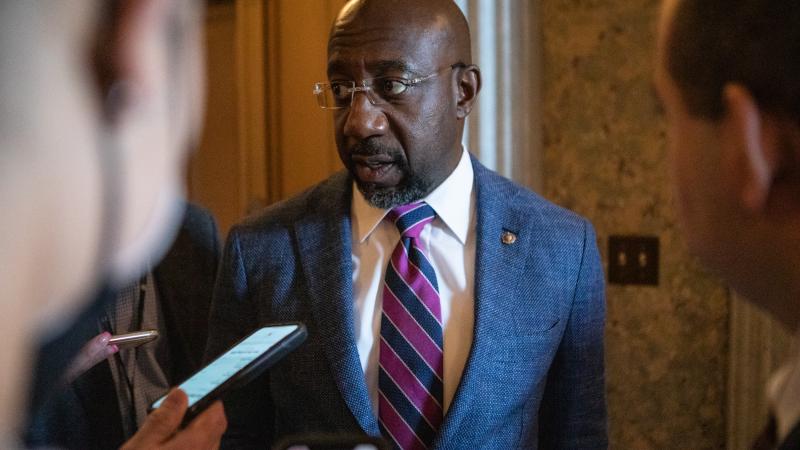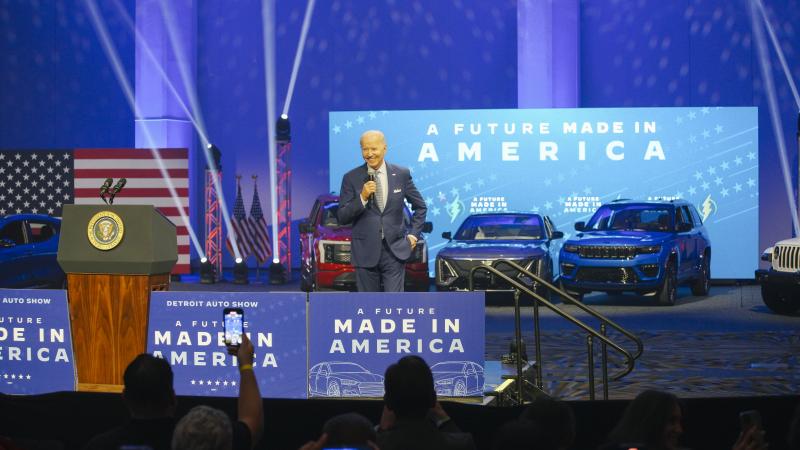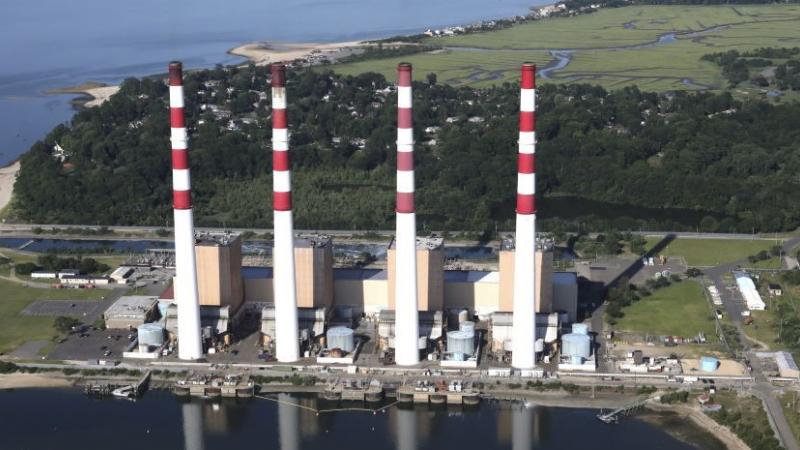Eight Senate Republicans vow to block Democratic initiatives and nominations after Trump verdict
The group of eight Senate Republicans accused the White House of making "a mockery of the rule of law," and said they would not support any political or judicial nominees, any "expedited" Democratic legislation, or authorize an increase in funding for non-security related agencies within the administration.
A handful of Senate Republicans on Friday vowed to block major Democratic legislation and White House nominees for top positions in retaliation of a guilty verdict against former President Donald Trump on Thursday.
Trump was found guilty of 34 felony charges related to falsifying his business records in order to hide a hush money payment to former porn star Stormy Daniels. Trump has maintained his innocence, and vowed to appeal the ruling in a speech Friday.
The group of eight Senate Republicans, led by Sen. Mike Lee of Utah, accused the White House of making "a mockery of the rule of law," and said they would not support any political or judicial nominees, any "expedited" Democratic legislation, or authorize an increase in funding for non-security related agencies within the administration.
"We are unwilling to aid and abet this White House in its project to tear this country apart," the senators wrote in an unaddressed letter.
Other signatories of the letter include Republican Sens. J.D. Vance of Ohio, Tommy Tuberville of Alabama, Eric Schmitt of Missouri, Marsha Blackburn of Tennessee, Roger Marshall of Kansas, and both Florida Sens. Rick Scott, and Marco Rubio.
"Strongly worded statements are not enough. Those who turned our judicial system into a political cudgel must be held accountable," Lee said in a post to X. "We are no longer cooperating with any Democrat legislative priorities or nominations, and we invite all concerned Senators to join our stand."
The legislators already oppose most Democratic legislation, but with just a slim lead over Republicans, Democrats in the Senate have needed to work across the aisle to pass any meaningful legislation, making the refusal more notable. It could also slow down actions that normally need to be done quickly, according to Politico.















